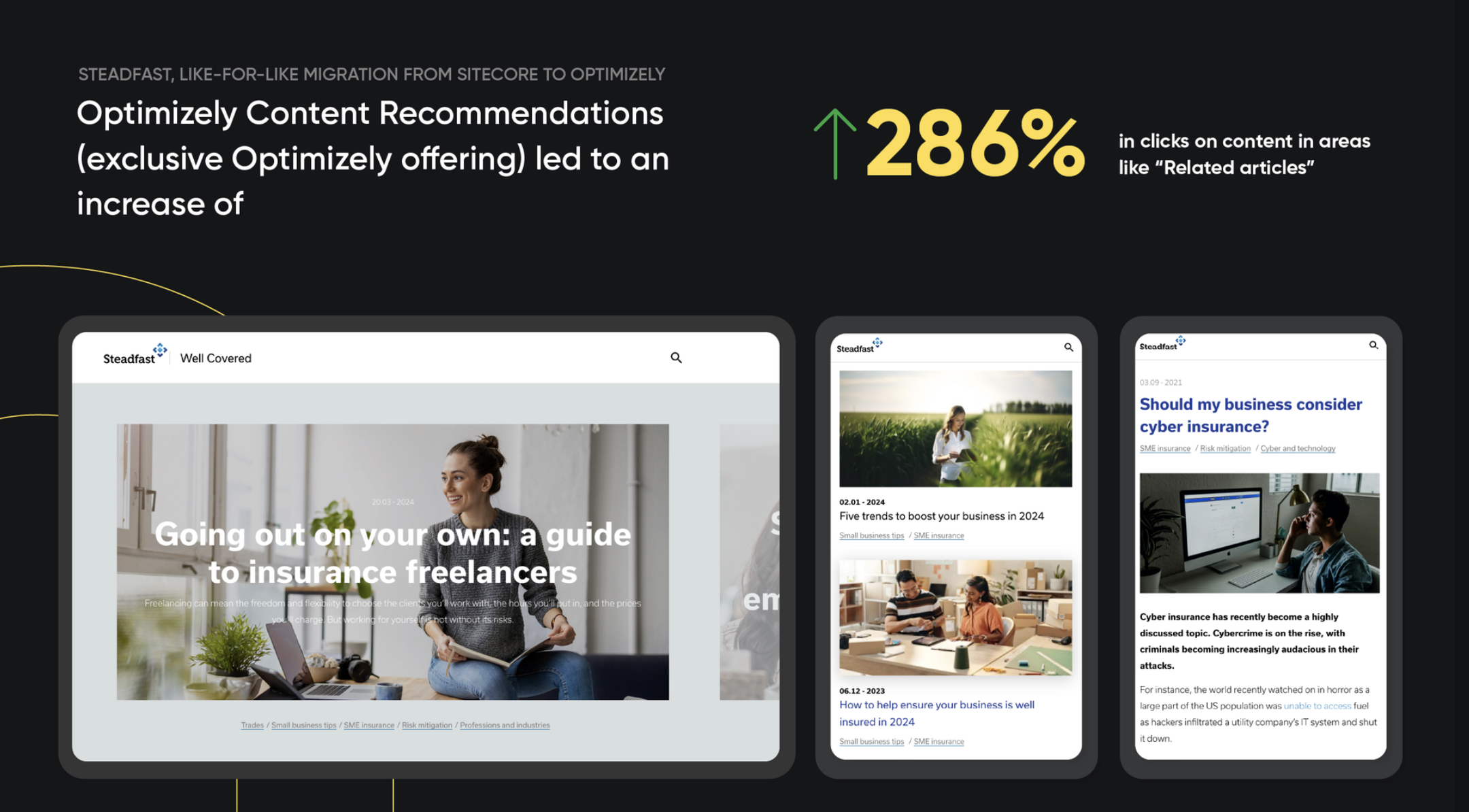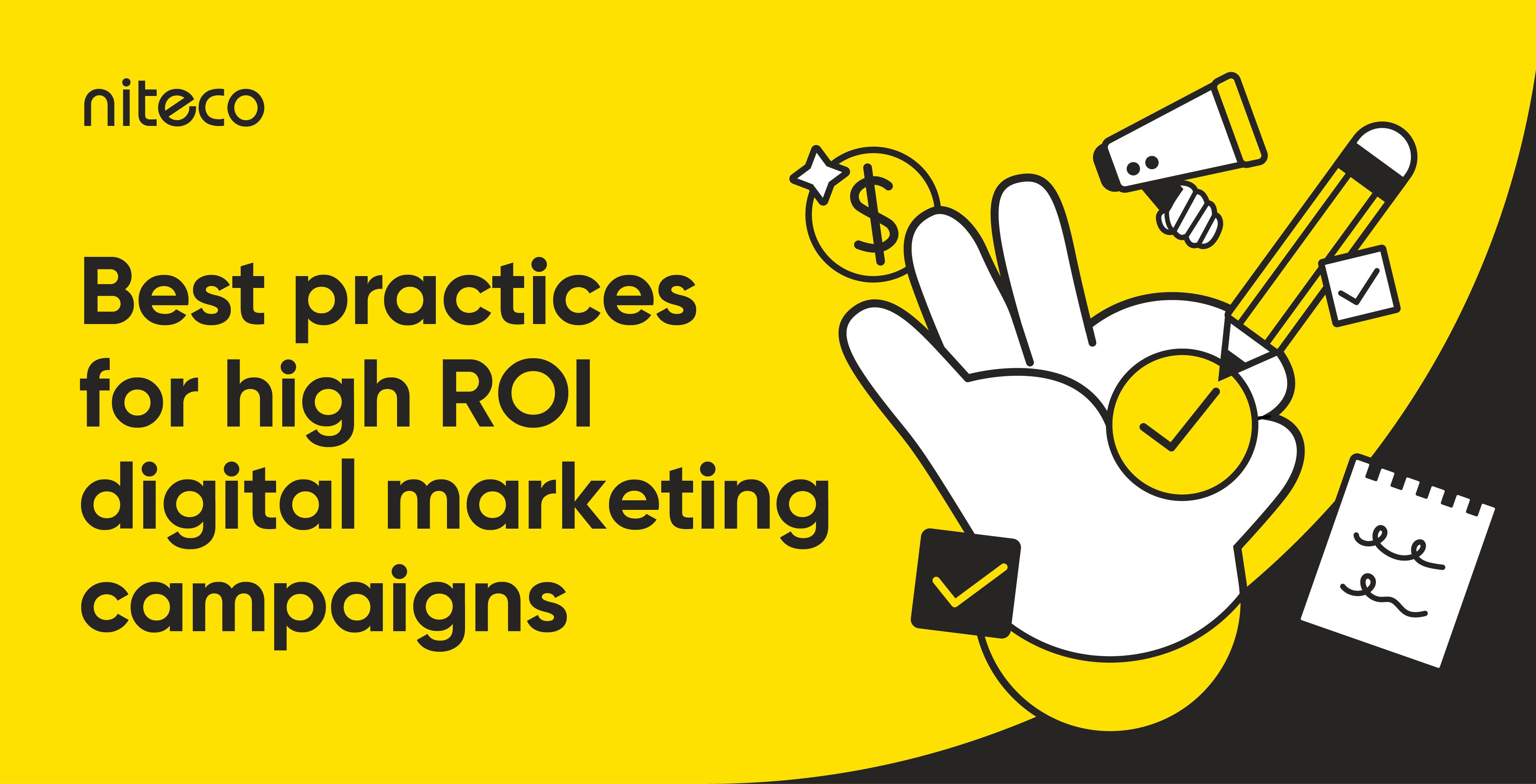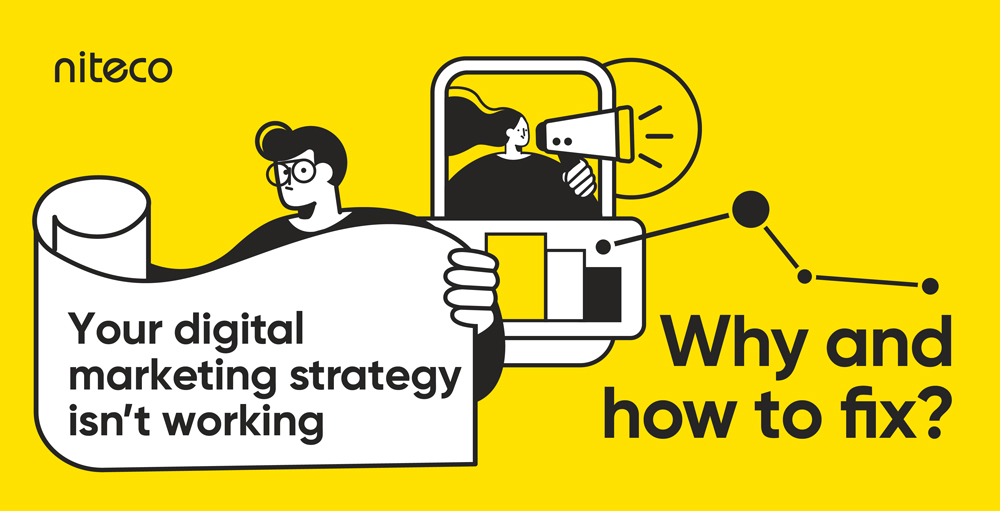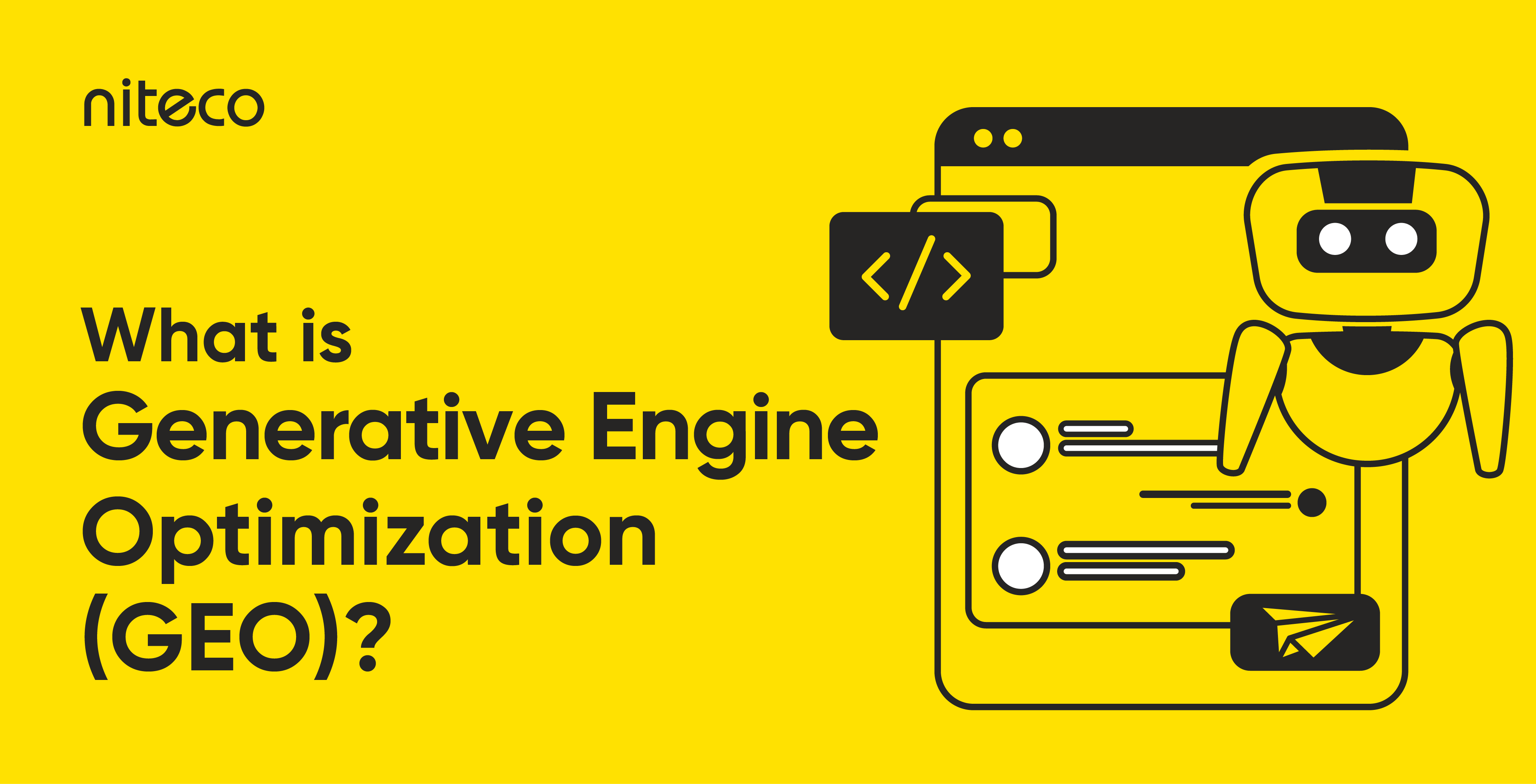Today, UK customers expect more than just a catchy ad or a clever subject line. At Niteco, we've seen firsthand how effective personalization can be for global brands operating in the UK market. From implementing advanced AI solutions to tailoring omnichannel strategies, our team of experts has delivered measurable results for some of the world’s leading businesses. They want brands to treat them like individuals, not just data points.
Whether you're running an Commerce site or leading a digital transformation, personalization can unlock better engagement, conversions, and long-term loyalty.
In this article, we’ll walk you through seven proven marketing personalization strategies that are already making a difference in the UK market. These aren’t just hypes, they’re must-haves if you want to stay relevant and competitive.
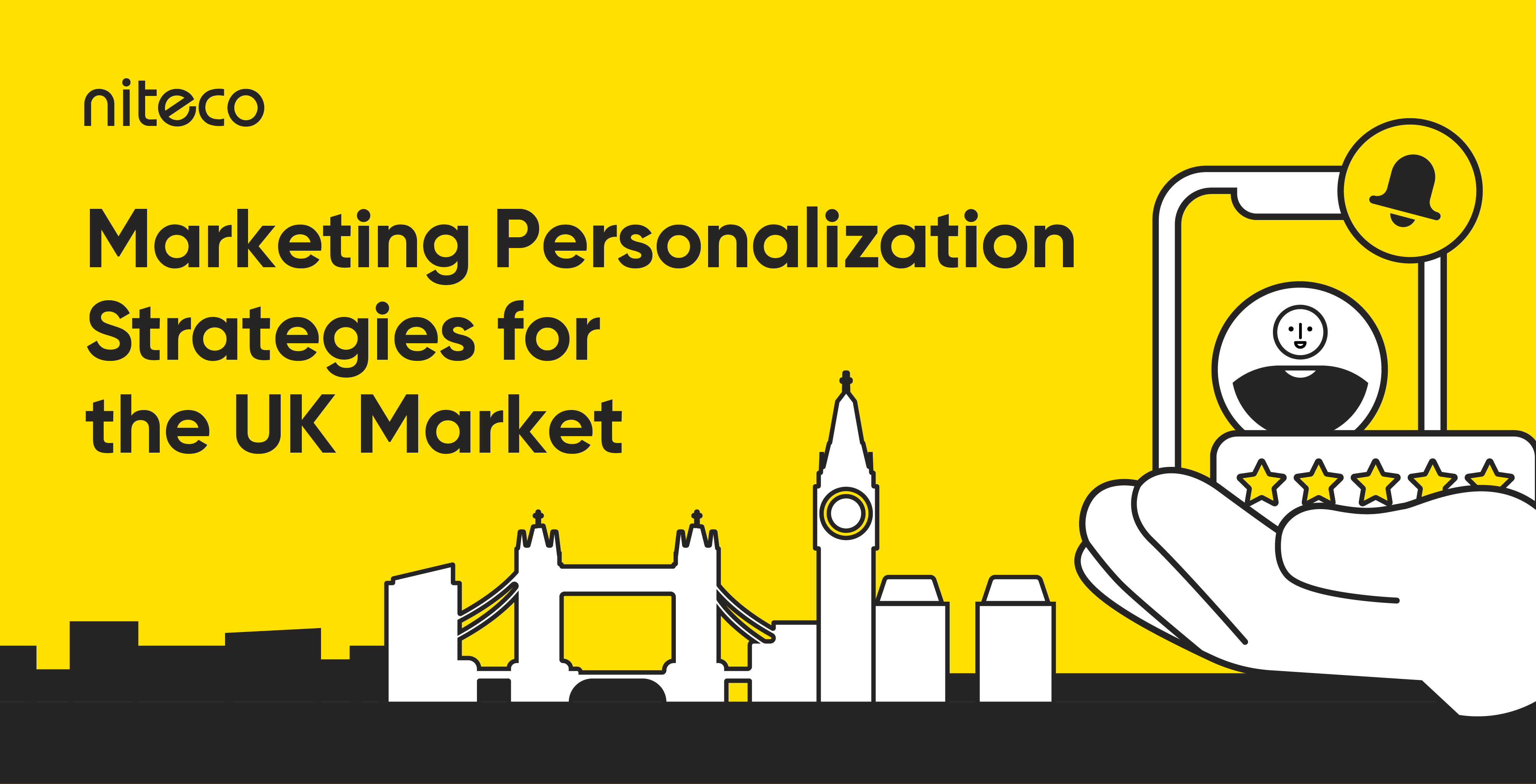
The role of AI in scaling personalization
Everybody's talking about AI, and AI is the engine behind your modern personalization at scale! In today’s saturated digital space, businesses can’t rely on manual segmentation or static rule-based automation to deliver personalized experiences across millions of customers.
AI helps marketers analyze behavioural signals, predict user intent, and dynamically deliver the right content, offer, or product at the right time.
In the UK retail market, AI adoption is accelerating: 74% of UK retailers say AI has helped them improve the customer experience, and 60% cite AI as critical to personalizing communications, according to Narvar’s report.
Moreover, AI doesn’t just help personalize, it helps build trust and loyalty by consistently delivering relevance. From automated product recommendations to proactive messaging about delivery updates or restocks, the possibilities are vast and measurable.
With this strong AI foundation in place, let’s explore the most effective marketing personalization strategies UK businesses can start applying today.
Top 7 marketing personalization strategies for the UK market
Strategy #1: Behavioural data-based personalization
Think product recommendations based on browsing history or dynamic homepage content that shifts based on user interest. That's behavioural data-based personalization.
Your customers are telling you what they want through every click, scroll, and purchase. Behavioural data is your goldmine. By analyzing how users interact with your website or app, you can create experiences that feel tailor-made.
Example: Ticketek, a major event ticketing company, used Amazon’s AI recommendation engine to personalize weekly newsletters for 4 million users. This resulted in a 49% increase in tickets sold per email opened and a 250% increase in purchase rate. The recommendations were based on user browsing and past event engagement.
Another example from us: We helped Steadfast, one of the leading insurance brands in the Australian market, deliver personalized content recommendations using the cutting-edge platform Optimizely. By leveraging behavioural data, the "related articles" section saw a 286% increase in clicks. For more details on this success story, check out our work with Steadfast using Optimizely.
Strategy #2: Email personalization that resonates
Generic email blasts are dead. If you’re not tailoring emails based on user behavior and segmentation, you’re missing conversions.
One of the most critical factors of email marketing personalization strategies is to segment your audience by purchase history, location, or engagement level. Use dynamic content blocks to customise promotions. And don’t forget automation, set up flows like abandoned cart reminders, re-engagement emails, and VIP offers.
Example: ASOS implemented a three-step abandoned-cart email campaign with personalized product reminders and time-limited discounts. The result? A 30% conversion rate from those emails and a 12% increase in revenue.
See how personalized email tactics drive results
Strategy #3: Mobile personalization in a mobile-first UK
As of mid-2024, more than 96% of the global digital population was estimated to access the internet via a mobile device (Statista). As such, personalized mobile marketing strategies aren't optional - they're essential!
Push notifications, in-app messages, and SMS campaigns tailored to user behaviour or location are key. A London-based fashion app, for example, boosted engagement by offering geo-targeted flash sales to users nearby. Mobile-first experiences mean users get the right message at the right moment, directly in their pocket.
Want a tailored marketing personalization strategy for your business?
Strategy #4: AI-powered personalization at scale
AI allows you to personalize like a human, but scale like a machine. Use machine learning to predict what content or products users want next. AI-powered chatbots can offer real-time support that feels natural. Recommendation engines adapt dynamically to each user’s actions.
In the UK, more brands are using AI to create intelligent site search results and personalized homepages without manual effort.
Example: Sephora’s Virtual Artist lets users try on makeup virtually. Customers who used it were 3x more likely to purchase, and the tool reduced returns by 30%. Sephora also uses AI to personalize product suggestions, increasing average order value by 25%.
Strategy #5: Retention-focused personalization
Customer retention is cheaper than acquisition, and personalization is your best retention tool.
Offer loyalty rewards tailored to user behaviour. Send personalized messages on anniversaries or after repeat purchases. Design onboarding flows that adapt to the customer's interaction with your brand.
UK companies are using personalized perks and early access offers to keep their most loyal users engaged and spending more.
Start crafting your personalized retention approach.
Strategy #6: Cross-channel consistency
Customers don’t see channels, they see your brand. Your marketing personalization strategy should be effective across email, web, social, and mobile channels. If a user browses a product on mobile, they should see related items in their email or on social ads.
Unifying data across systems helps create a consistent, seamless experience that increases trust and conversions.
Strategy #7: Localization for the UK market
Last but not least, personalized marketing strategy should leverage cultural context, noy just about first names. Use UK spelling and tone of voice. Recognize local holidays, events, and regional behaviours. For instance, your audience in Manchester might respond differently from your audience in Brighton. Brands that adapt their messaging to fit regional norms create stronger emotional connections.
Conclusion: Personalization is a strategic advantage in the UK market
British consumers want brands to understand them, not just sell to them. That’s why thoughtful personalization strengthens loyalty, shortens sales cycles, and positions your brand as a trusted voice.
As the competitive landscape evolves, your ability to deliver relevance in real-time could be the difference between a loyal customer and a lost one. Being a trusted partner for leading global brands, Niteco brings deep expertise and a proven track record in building high-impact personalized marketing strategies tailored for the UK market.
Don’t let your competitors out-personalize you. Partner with Niteco to create your personalized marketing plan!

